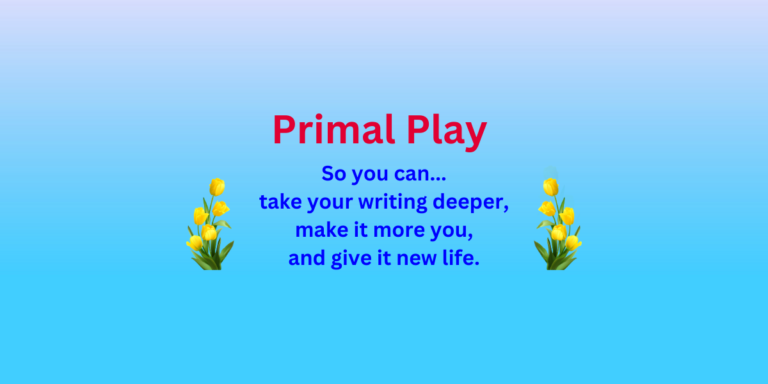5.5 The story approach to backstory
You start your story at a particular moment in the life of your protagonist, but…
Who was she before that?
And…
How did she become the person she is when we first meet her?
That’s backstory…
The story before your story.
You can choose to ignore backstory and dive right into writing your opening scene. But there’s an advantage to spending time thinking about your protagonist’s personal history. You’ll likely develop a richer character with more layers and complexities giving you more to work with—or play with—as you develop your plot.
Since you’re writing about a fictional character, you have to make up the story you’re telling us about her. Which means if you want to develop a backstory for her, you’re going to have to make that up, too.
How do you do this? There are writing teachers who will give you a long list of things to decide, like age, race, religion, place of birth, height, weight, etc.
But other teachers recommend not doing that because it’s too much like pinning a dead butterfly to a specimen card, when what you really want is to get to know the butterfly in its aliveness, flitting here and there, visiting flowers, escaping a little boy trying to catch it, and doing whatever else butterflies do.
So what’s the alternative? You can…
Use stories to develop the backstory for your character.
Which is a playful approach. Instead of collecting the cold facts of your character’s demographics, you get to use your creative powers to go deeper into your character’s emotional and relationship history.
You get to play with questions like…
Who was her first love?
What was the most embarrassing moment in her high school years?
What did she hate about how she looked?
Who was her best friend? What did they do together?
How did she get along with her mom and dad?
Did she have a pet? And if so what was their relationship?
What was the best thing about her childhood?
What’s the secret she’s never told anyone, but will tell you now?
And I’m sure you can easily think of about a zillion more intriguing questions.
Even better, you can interview your character and ask her these questions directly and see how she responds.

